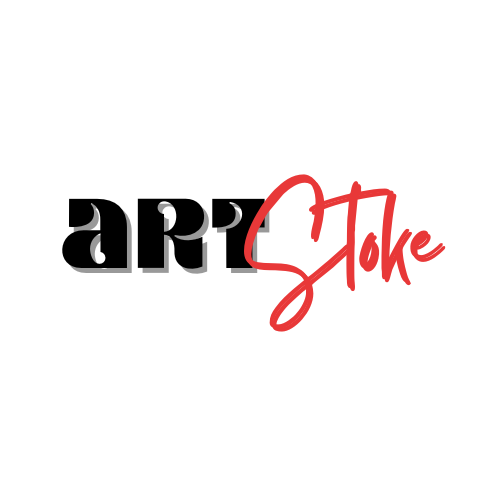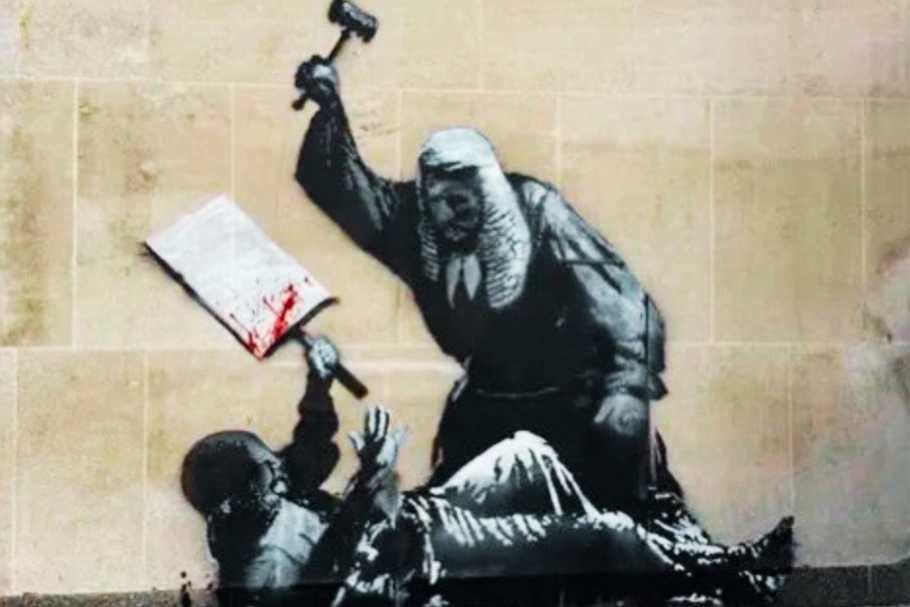From Consensus to Compliance
Universities were once imagined as sanctuaries for independent thinking, free inquiry, and intellectual courage. Today, they resemble profit-driven corporations more concerned with image, output, and institutional self-preservation than with the pursuit of truth. The replication crisis, the dismantling of tenure, and the ballooning number of PhDs have exposed academia’s cracks. At the same time, highly educated professionals—many with deep social privilege—often appear more invested in career status and social optics than in challenging the corruptions that surround them.
What happens when our intellectuals abandon intellectual integrity? What happens to the societies that depend on them?

I. The Illusion of Intellectual Rigor
A. PhDs as Gateways to Conformity
A PhD once represented a journey of deep questioning. Increasingly, it’s become a rite of passage into institutional obedience. Graduate students are trained not to upset paradigms but to master them, cite them, and defend them. The system rewards predictability and safe research over originality and risk.
Peer review—once a noble attempt at accountability—is now often a gatekeeping mechanism that filters out radical or disruptive ideas. Interdisciplinary thinkers and system challengers are often seen as threats, not assets. The path to “academic success” is narrow, and few dare step off it.
B. The Replication Crisis: Science in Trouble
More than half of published research in psychology, medicine, and other fields cannot be reproduced. The so-called “replication crisis” is no minor embarrassment—it’s an indictment of the very model of modern academic knowledge production.
If academic research cannot be trusted to hold up under scrutiny, what is the point of institutionalized knowledge? The pressures to publish fast, to win funding, and to serve institutional metrics have rendered truth secondary to productivity. In this context, “science” can easily become ideology dressed in statistics.
II. Academia as a Profit-Driven Machine
A. The University as a Business
Many universities are no longer public goods; they are branding exercises with massive budgets and profit motives. As tuition costs skyrocket and student debt becomes generational, one must ask: what exactly are students paying for?
Universities increasingly cater to market trends, wealthy donors, and corporate partners. The result? Curricula shaped by financial incentives rather than societal need. Education becomes a commodity, and learning a transactional experience.
B. The Erosion of Tenure and Independent Thought
The trend of replacing tenured faculty with underpaid adjuncts and short-term contracts is more than a budgetary decision—it’s an intellectual coup. Tenure was designed to protect academic freedom, enabling scholars to speak truth to power.
Today, tenure is in decline, and with it goes the last structural defence for intellectual dissent. In its place: a precarious academic class too insecure to speak out, and too busy chasing metrics to think deeply. The “publish or perish” environment produces research, yes—but rarely gritty insight and uncomfortable reflection.

III. The Social Image of the Highly Educated
A. Status over Substance
The modern professional class, armed with degrees, awards, and conference appearances, often mistakes prestige for integrity. The result is a dangerous social illusion: we think we’re led by the best and brightest, when in reality we may be led by those who are best at playing the system.
Social media has only amplified this distortion. Platforms like LinkedIn and Twitter have turned intellectual engagement into performance art—status-seeking disguised as thought leadership. Appearance eclipses substance.
B. The Death of Dissent and the Rise of Ideological Orthodoxy
Once upon a time, universities were crucibles of radical thought. Today, they are more often engines of social conformity. A fear of reputational risk has led to intellectual timidity. Academic freedom is now conditional—granted only to those whose ideas do not disturb the dominant narrative.
Take Dr. Norman Finkelstein, a political scientist known for his critique of Israel’s policies in Palestine. Despite being a professor with a prolific publishing record, he was denied tenure at DePaul University in 2007 despite the department and college committees voting to grant him tenure. He was then effectively blacklisted from U.S. academia. His research—meticulously sourced and passionately delivered—was deemed too “controversial,” and his presence too risky.
And most recently, Dr. Peter Boghossian, James Lindsay, and Helen Pluckrose—authors of the “Grievance Studies Hoax”—were met with outrage when they submitted intentionally absurd academic papers to high-profile journals to expose the erosion of scholarly standards. Instead of prompting self-reflection, academia closed ranks and dismissed them as bigots.
The message is clear: your ideas are welcome—as long as they don’t question the institution’s image, politics, or preferred narratives.
These thinkers weren’t driven out for being wrong—but for being disruptive. They challenged consensus, questioned sacred cows, and illuminated groupthink. In doing so, they revealed what many suspect but few say aloud: academia is no longer about truth. It’s about institutional self-preservation.

IV. What This Means for Society
A. A Crisis of Expert Legitimacy
When our experts are trained in systems of conformity, their insights tend to reflect those systems’ limitations. We now live in a world where technical expertise exists alongside moral cowardice. From pandemic responses to genocide apologists, we’ve witnessed the consequences of this first-hand.
If academic and professional elites cannot think independently, how can we expect them to lead us through complex, uncertain times?
B. Toward Alternative Knowledge Systems
When truth is inconvenient, society begins to look elsewhere. In a time when academics are allergic to heresy, new intellectual movements are emerging at the margins. Independent platforms like Substack, decentralized learning collectives, and rogue podcasts have become the new public squares.
We’re witnessing an epistemological shift—from credentialed gatekeepers to open-source insight. Think of Dr. Robert Malone, one of the original mRNA technology pioneers, whose critiques of vaccine policy were removed from mainstream platforms, despite his direct involvement in the science.
Whether you agree with them or not, the question remains: Why is there so little room for dissent within the very institutions built to host it?

Where Do New Ideas Come From?
As the old academic complex loses legitimacy, we must ask: where will the next great ideas come from? Who will have the courage to challenge consensus, question systems, and imagine a better future?
This is not an argument against education—but against its hollowing out. Against the idea that credentials equal credibility. Against the polite and polished consensus that keeps us circling the same failing paradigms.
The truth is: some of the most dangerous ideas are also the most necessary—like the possibility that our most credentialed experts are not guardians of truth, but products of a system incentivized to suppress it.




